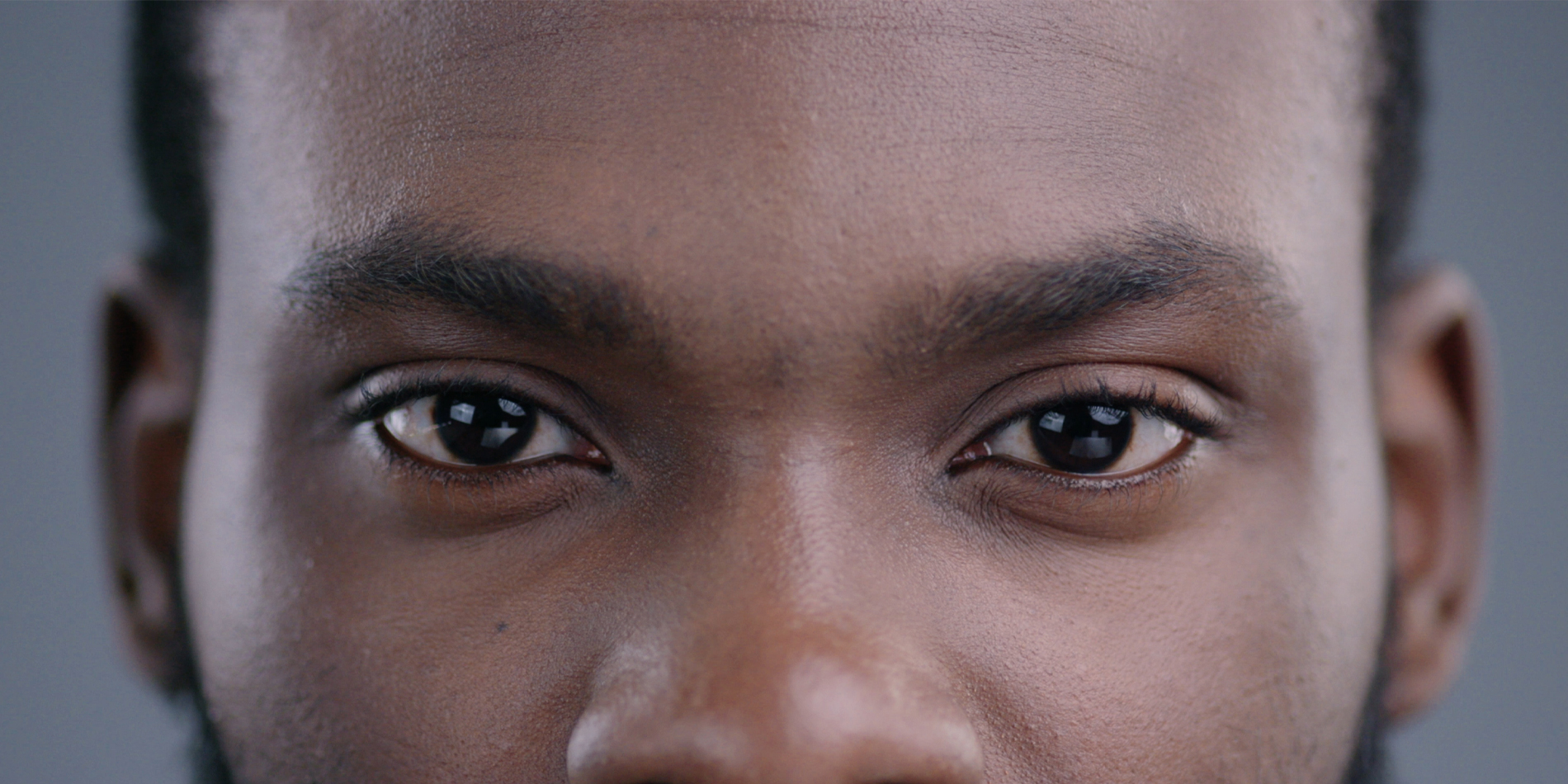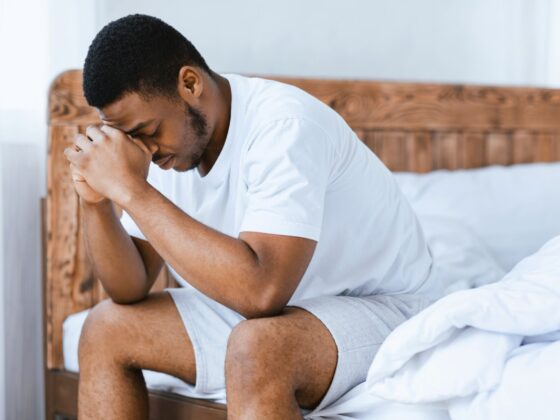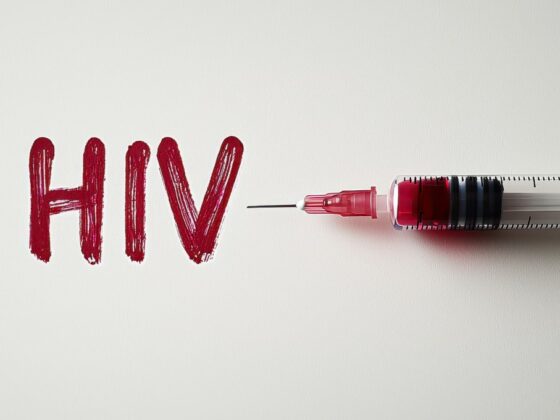Last Updated on 27th September 2023 by Charlie Walsh
The psychological landscape of an individual is a complex system where various elements are intertwined. Among these, self-esteem and libido are two significant components that not only reflect a person’s self-perception but also their sexual health. A growing body of evidence suggests a deep-seated connection between self-esteem and libido in men, revealing a multifaceted interaction that could potentially influence a man’s overall well-being.
Understanding Self-Esteem
Self-esteem is a person’s overall sense of self-worth or personal value. It’s how appreciatively one views themselves, which in turn significantly influences behavior, motivation, and attitude. Factors affecting a man’s self-esteem include social acceptance, body image, professional success, and personal relationships among others. Self-esteem is a complex emotion that may fluctuate over time, impacting various spheres of life, including sexual health.
Understanding Libido
Libido, commonly known as sexual desire, is influenced by biological, psychological, and social factors. It’s a natural instinct that could be affected by a range of variables including hormonal levels, stress, relationship quality, and indeed, self-esteem.
The Connection between Self-Esteem and Libido
Psychological Well-being:
Positive self-esteem is often linked with psychological well-being which, in turn, nurtures a healthy libido. Conversely, low self-esteem can lead to anxiety and depression, which are known libido suppressors.
Body Image:
Men who are content with their body image are more likely to have a higher libido. On the contrary, dissatisfaction with one’s body can lead to a decrease in sexual desire, impacting both self-esteem and libido negatively.
Performance Anxiety:
Performance anxiety, stemming from low self-esteem, can significantly diminish libido. Men who are concerned about their sexual performance are more likely to experience a reduction in sexual desire.
Relationship Satisfaction:
Fulfilling relationships can boost self-esteem and consequently libido. Conversely, relationship discord or the fear of rejection can lead to lowered self-esteem and decreased sexual interest.
Societal pressures and stereotypes about masculinity can also play a significant role in a man’s self-esteem and sexual desire. The need to conform to certain masculine ideals can potentially strain a man’s self-image and, by extension, his libido.
Addressing the Link
Understanding and addressing the connection between self-esteem and libido necessitates a holistic approach. Counseling, cognitive-behavioral therapy (CBT), and mindfulness practices like meditation and yoga can prove beneficial in improving self-esteem, which may in turn, foster a healthier libido.
The Bathmate Take
The interconnection between self-esteem and libido is a nuanced one, warranting deeper understanding and awareness. As the dialogue surrounding men’s mental and sexual health continues to evolve, the link between self-esteem and libido emerges as a crucial facet deserving attention and holistic intervention. By nurturing self-esteem, men can potentially unlock a pathway to improved sexual health and overall well-being.










